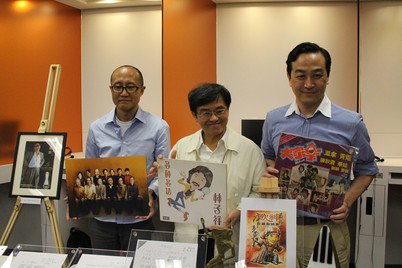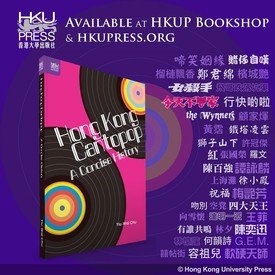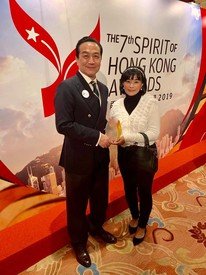Preserving the Cultural Riches of Cantopop
Professor Chu’s contributions (to Cantopop studies) earned him “The Spirit of Culture Award” at The 7th Spirit of Hong Kong Awards 2019.
The lyrics of Cantopop songs have been a source of fascination to Professor Stephen Chu of the School of Modern Languages and Cultures (Hong Kong Studies) for decades. He believes that popular song lyrics can contain as much cultural richness as any literary works, but he recognised that Cantopop as a music genre was declining in popularity and worried that lyrics of old hits had never been preserved. Starting about 1995, Professor Chu took on the painstaking task of studying the lyrics by visiting the archives of Radio Television Hong Kong (RTHK) and copying some of the lyrics by hand. Back then lyrics were not easily accessible on the internet. His collection of transcribed lyrics numbers several thousands.
His choice of which lyrics to study changed over time. “Initially, I focused mainly on the literary quality of those lyrics,” he said, adding that he believed they could be compared to traditional Chinese poetry. Later, he adopted a more interdisciplinary approach that focused more on “...the relationship between the lyrics and Hong Kong identity and other social issues.”
He published the lyric analyses as well as interviews with poets and personal stories in, among others, a Chinese language book whose English name he translates approximately as The Years are Like Songs – The Poetics of Hong Kong Cantopop.
Professor Chu’s work caught the attention of local story-telling group Hong Kong Stories who interviewed him on the importance of Cantopop. That led to a series of lectures on the topic in Hong Kong primary and secondary schools, which sparked the interest of a new generation of music lovers. “Some of my students are now teaching Chinese in secondary schools and they have started using Cantopop lyrics,” he said, explaining that they use the lyrics to introduce literature and classical Chinese poetry to students. “Students are very much inspired by the lyrics.”
Professor Chu’s work reached a broader audience through a collaboration with the Hong Kong Book Fair 2015, which featured an exhibition in the Fair’s art gallery entitled “Lyrics that Moved a Generation: Half a Century of Cantopop” and he delivered a talk on the relationship between Cantopop and Hong Kong identity. The fair attracted around one million visitors that year, many of whom visited the exhibition.
In 2017, Professor Chu published Hong Kong Cantopop: A Concise History, a book charting the genre across four decades and connecting Cantopop to the rise of a Hong Kong identity. The book was lauded by Jeroen de Kloet, a Professor of globalisation studies at the University of Amsterdam, as “… a milestone in the study of East Asian popular cultures.”
In 2019, Professor Chu’s contributions earned him “The Spirit of Culture Award” at The 7th Spirit of Hong Kong Awards 2019 organised by the South China Morning Post. The award honours those who celebrate and preserve Hong Kong’s culture and traditions.





